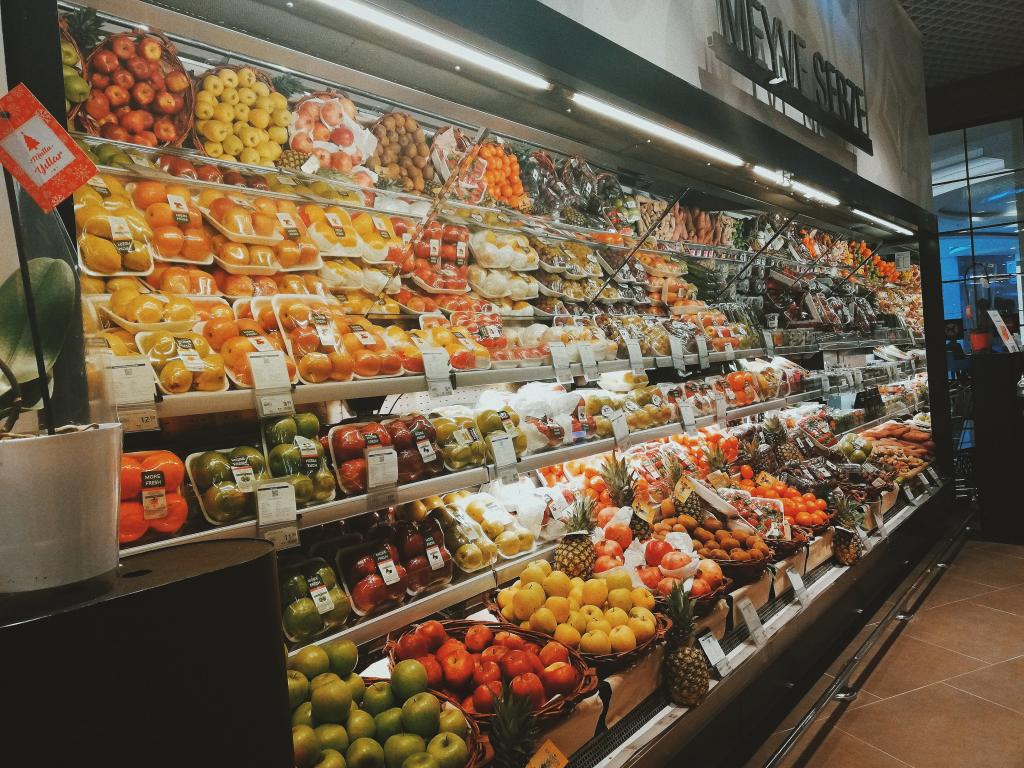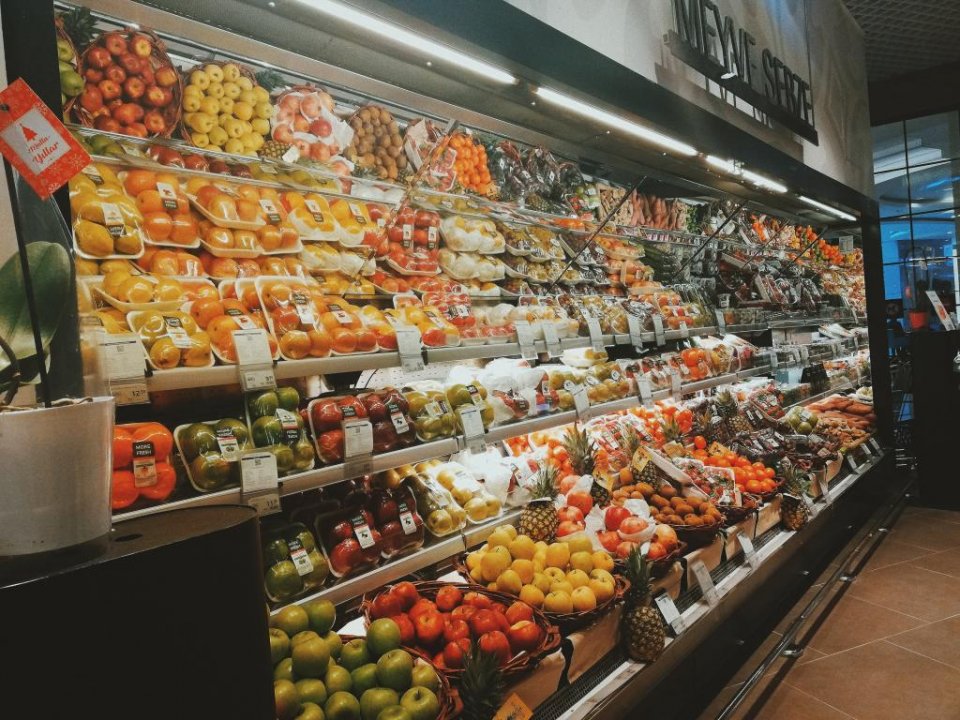Spain is banning the sale of fruit and vegetables in plastic wrapping in supermarkets and grocery stores from 2023, when new measures will also be implemented to encourage shoppers to purchase non-plastic bottled water.
The Ministry for Ecological Transition has drafted new regulations that will ban the sale of fruit and vegetables weighing under 1.5kg when packaged in plastic, in a step that aims to encourage shoppers to buy unpackaged produce.
The regulations will also encourage shoppers to buy non-bottled water.
Spain has been behind other countries in recent years in its reduction of use of plastic packaging and is now keen to press ahead to change the mindset of shoppers and incorporate European Union rules into the new framework. The new regulations will follow similar legislation in France that is due to be effective from next year.
The legislation also aims to make all packaging recyclable by 2030, when it is also aiming to have reduced the sale of plastic bottles by 50%.
The ministry disclosed startling statistics about the current situation, stating that Spain generates 1.6 million tonnes of waste from plastic packaging each year, with less than half of this amount recycled.
Greenpeace and other environmental groups have been campaigning for years for Spain to impose restrictions on the use of plastic packaging.
Speaking about the proposed regulations, Greenpeace campaigner Julio Barea said that more needs to be done and more quickly, indicating that even more measures would be needed to ‘radically end the flow of plastic pollution’.
Likening the pollution caused by the use of plastic to a ‘pandemic’, he said that ‘we drink plastic, we eat plastic, and we breathe plastic’.

Teresa Ribera, who leads the Ministry for Ecological Transition, has recently met with business associations and environmental groups to outline the proposed regulations.
A spokesperson for the ministry said that the rules will ‘fight the overuse of packaging in the most effective way’.
It is also expected that the new rules will encourage the installation of drinking fountains in public spaces to introduce alternatives to the sale of plastic bottled drinks and to reduce the distribution of single-use drinking cups at public events.
As more details emerge about the new legislation, there is also scope to introduce targets for hotels, restaurants and cafeterias, in terms of reusable bottles and similar packaging. For example, 50% of all bottles to be reusable by 2025, and 60% by 2030.
Targets will also be issued for household consumption and use of reusable drinks packaging, which will be lower than the commercial targets.
More clarity will be needed around the changes, but the ambitions of the new framework are a big step forward for Spain to significantly reduce its use of plastic packaging for food and drink.
Sign up for the FREE Weekly Newsletter from Spain in English.
Please support Spain in English with a donation.
Click here to get your business activity or services listed on our DIRECTORY.
Click here for further details on how to ADVERTISE with us.




2 comments
What if I don’t want to drink municipal chlorinated water?
Why wait, why not now. Why not ban the making of anything plastic? It is already too late, this should have been done world wide years ago!